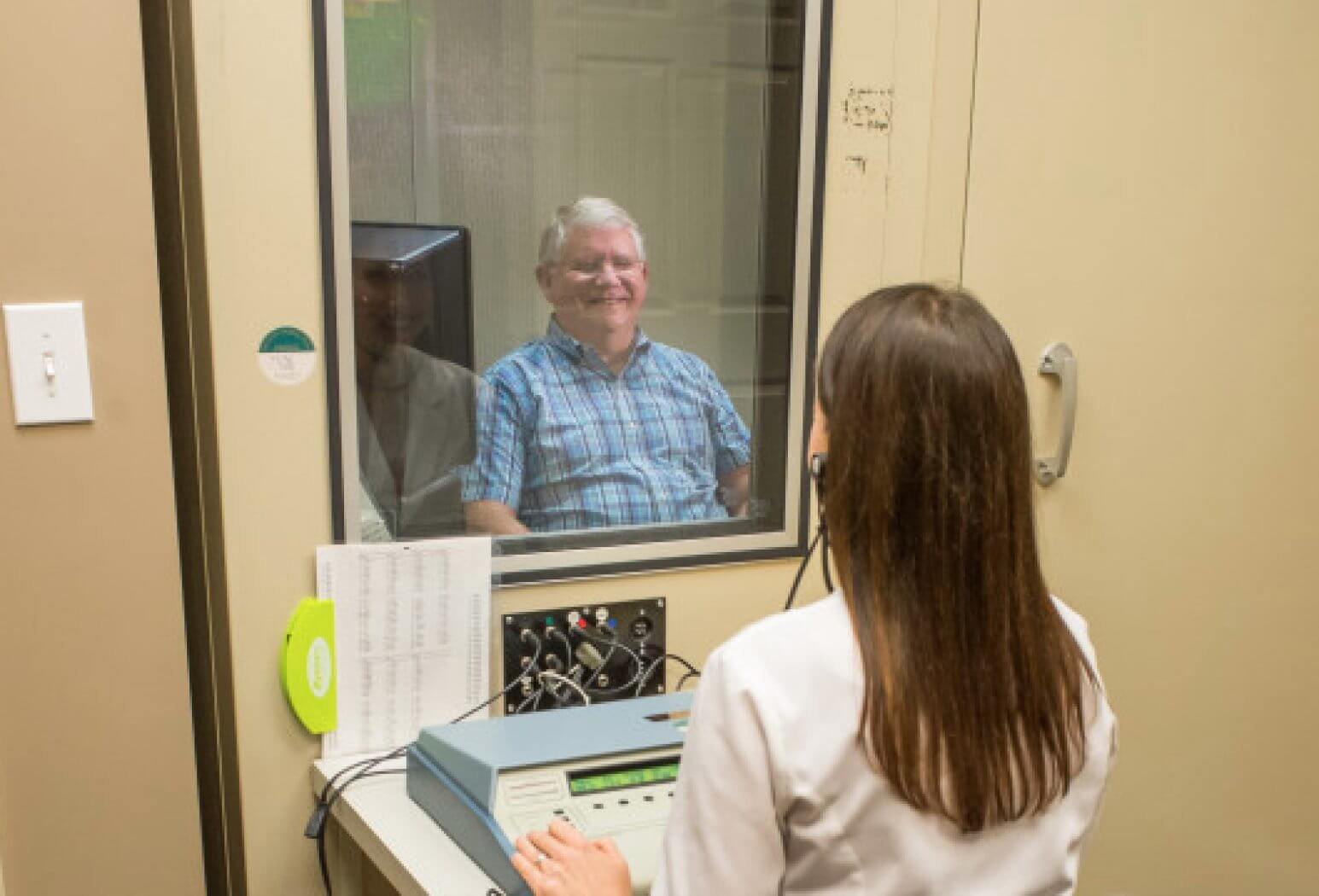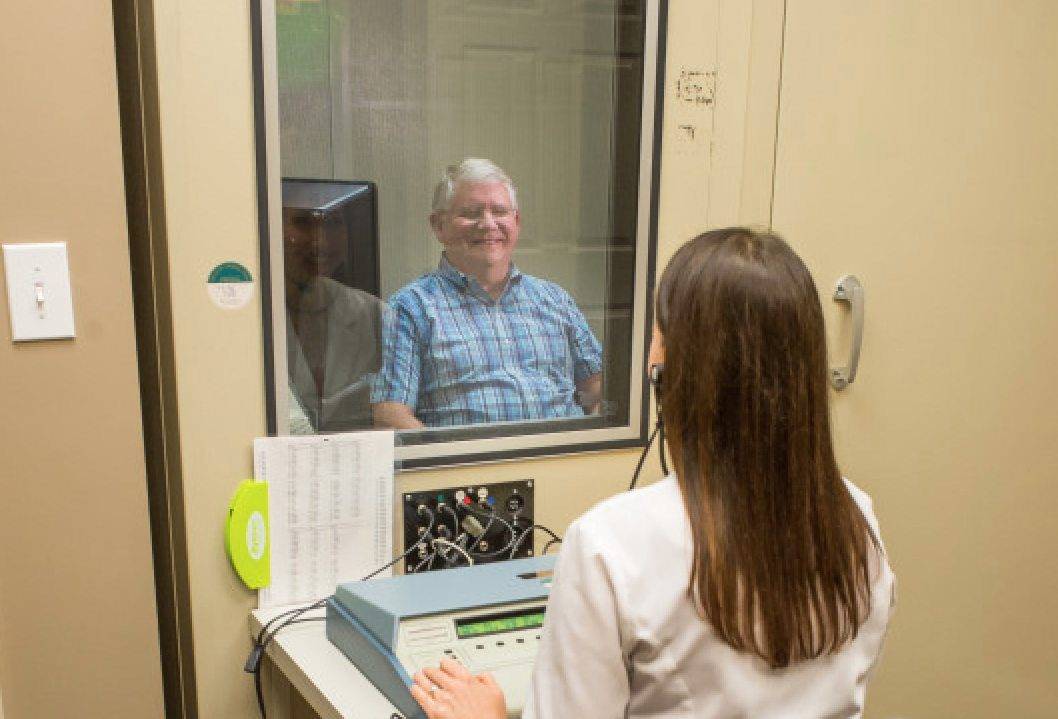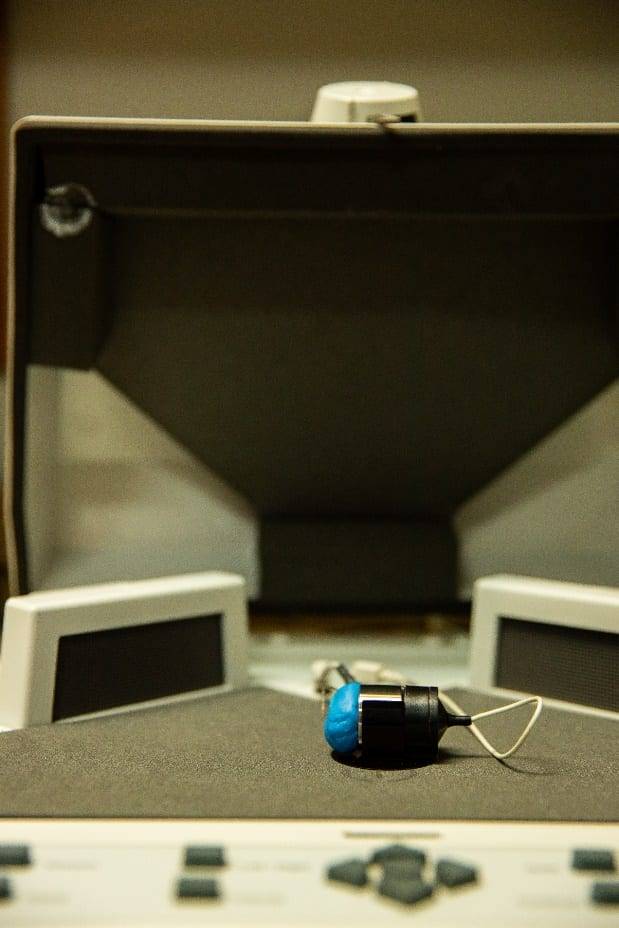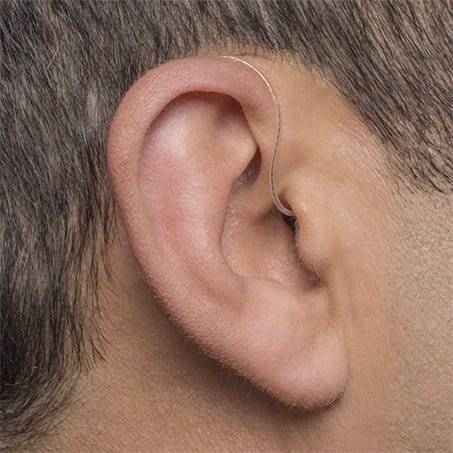In this article, we’re going to talk about untreated hearing loss. We usually think of hearing loss as a condition mostly affecting aging adults. The National Institute of Deafness and Other Communication Disorders (NIDCD) reports that approximately one-third of people ages 65 to 74 and almost half of individuals 75 years and over experienced some form of hearing loss in a 2010 study.
Of greater concern to me is the fact that only about 20% of those with a treatable hearing loss seek help. Untreated hearing loss comes with a number of costly social, health, and financial consequences.
Consequences of Untreated Hearing Loss for Adults
When hearing loss remains untreated, it reduces a person’s quality of life and threatens their independence. An inability to understand and communicate with family and friends often leads to withdrawal from family, friends, and social gatherings. Additionally, adults with an untreated hearing loss are dependent upon others to assist them with everyday tasks that require hearing as an integral part of communication.
The inability to communicate leads to social withdrawal, often taking its toll on a person living with hearing loss in the form of depression and anxiety. However, these are not the only mental health-related consequences of leaving hearing loss untreated. A link to cognitive decline is among the most serious of the possible mental health issues. A 2012 Johns Hopkins study established a 50 percent increased risk in developing dementia and a 40 percent risk of developing depression in patients with an untreated hearing loss.
Untreated hearing loss in adults also contributes significantly to increased costs for health care. Balance and other issues related to inner ear function lead to more frequent and more prolonged hospitalizations along with increased admissions and more ER visits with cost increases averaging about 46 percent for a total of $22,434 per person over a decade, according to a separate 2018 study at Johns Hopkins.
Consequences of Untreated Hearing Loss for Children
Although hearing loss mostly affects aging adults, children, and young adults also experience it as well. The World Health Organization (WHO) reports that of the 466 million individuals diagnosed with a hearing loss worldwide, 46 million of them are children. As bad as untreated hearing loss is for adults, it has much more severe consequences for children. Children can suffer from the same issues of depression and anxiety, decreased quality of life and independence, and cognitive decline. Worse yet, children with a hearing impairment usually struggle with acquiring language and developing social skills. Failure to develop in this area leads to speech delays and poor academic performance. These are consequences that negatively impact children throughout their lifetime.
What to Do If You Suspect Hearing Loss
Regardless of whether you suspect a hearing loss in an adult or child, it is critical to seek help as soon as possible. Early diagnosis and treatment of hearing loss allow audiologists to provide the most effective solutions before conditions worsen. Scheduling a hearing assessment is the first step in receiving the help needed to prevent hearing loss from getting worse. An audiologist has the expertise and equipment necessary to identify and treat hearing loss as well as provide guidance related to avoiding additional damage.
The team at Alabama Hearing Associates, and I are passionate about preventing the costly consequences of an untreated hearing loss. I encourage those who suspect that they or a loved one are experiencing a hearing loss to come in for a hearing assessment as early as possible rather than taking a wait and see approach. We provide excellent hearing care to individuals of all ages in North Alabama and the Tennessee Valley. Contact us to learn more about how Alabama Hearing Associates can prevent further damage from hearing loss or set up an appointment for a hearing test.












